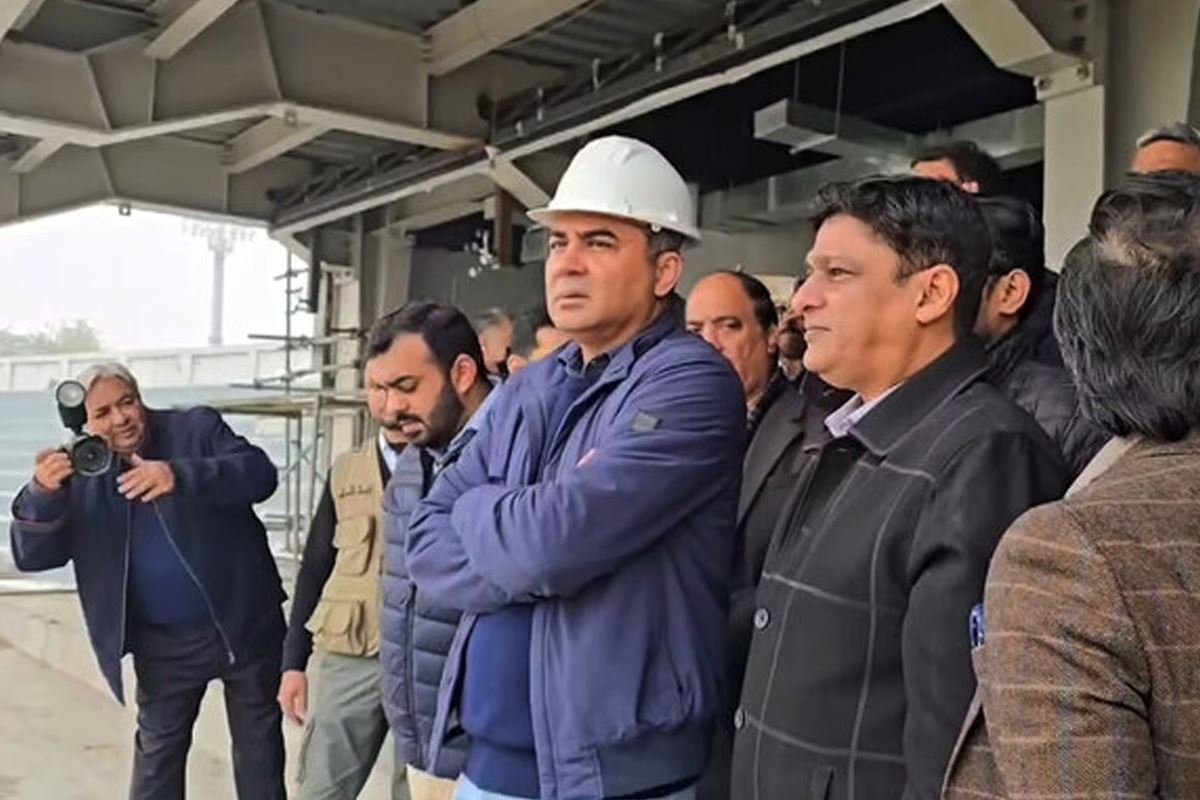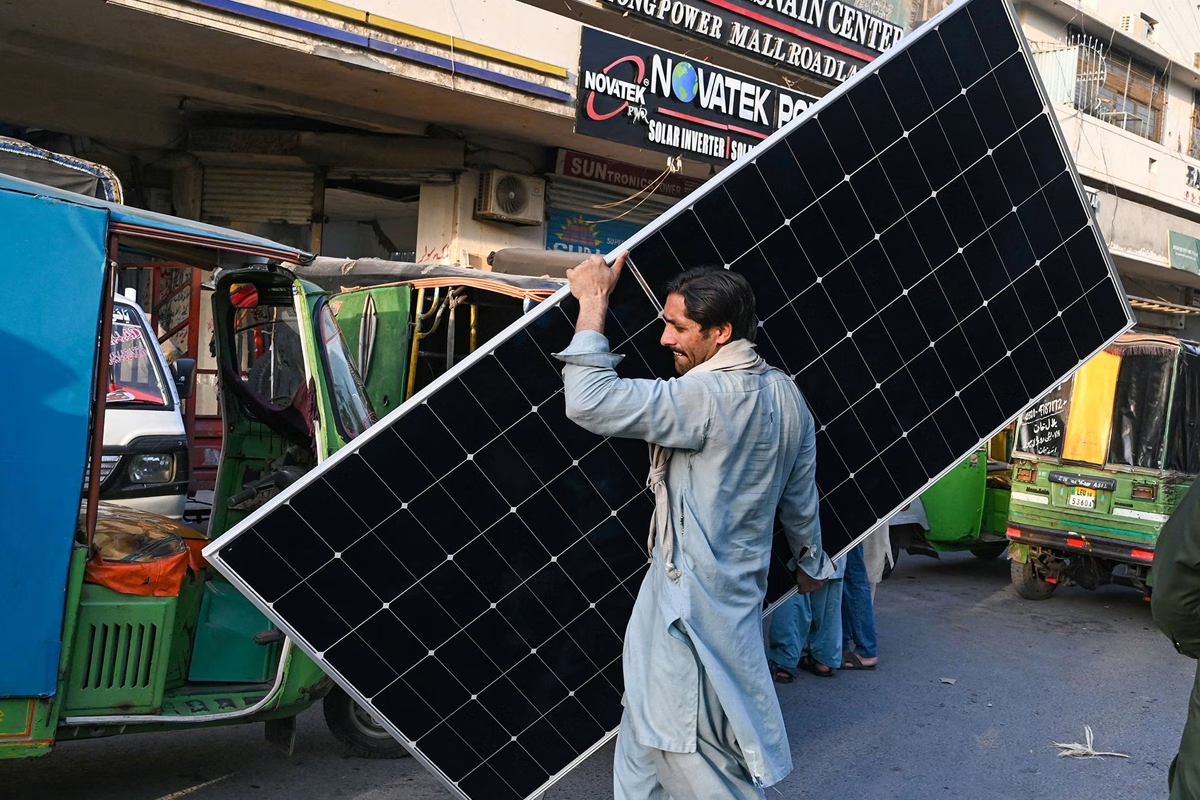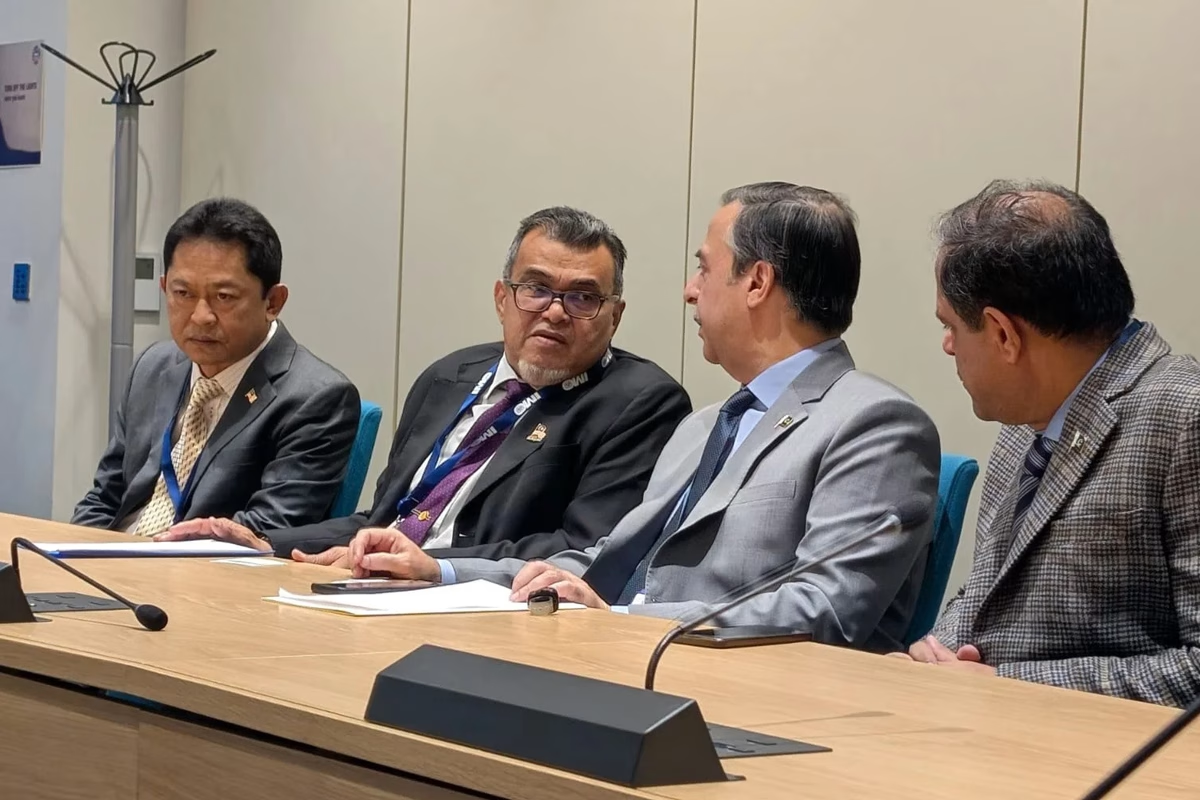
JS Bank eyes Islamic banking, renewable energy loans
January 3, 2025
PEL strengthens Pakistan’s energy sector with KUFPEC asset acquisition
January 8, 2025Pakistan’s finmin calls for timely policy measures to address country’s energy, economic needs
Pakistan’s Finance Minister, Senator Muhammad Aurangzeb, has emphasized the need for timely policy interventions to address the country’s pressing economic, energy, and industrial challenges. This call to action came during a meeting of the Economic Coordination Committee (ECC), the government’s top economic decision-making body, as reported by state-run media. Senior ministers, officials, and federal secretaries from various departments participated in the meeting.
Aurangzeb stressed the importance of implementing transparent and efficient measures to steer Pakistan toward sustainable economic growth. The country is focusing on attracting foreign investment in critical sectors and enacting long-term financial reforms, particularly in loss-making state-owned enterprises, energy, and taxation.
During the meeting, the ECC approved a technical grant of Rs1.945 billion ($7 million) for the Ministry of Defense and Rs5.276 million ($18,994) for the National Commission on the Status of Women (NCSW) to advance gender equality and women’s empowerment initiatives. Additionally, it sanctioned a supplementary grant of Rs2.462 billion ($8.86 million) for the Ministry of Information and Broadcasting to fund 15 projects under the Public Sector Development Program (PSDP) for the fiscal year 2024-25.
Pakistan has recently seen signs of economic recovery, including a reduction in inflation to 4.1% in December 2024 and a bullish trend in its stock market. The country has secured significant investment agreements with Saudi Arabia, the United Arab Emirates, and Central Asian states, aimed at bolstering economic stability.
Notably, Pakistan and Saudi Arabia signed MoUs worth $2.8 billion in October 2024, with $560 million already converted into agreements by December. Despite these advancements, Pakistan faces challenges in its privatization efforts. For instance, the government’s attempt to privatize Pakistan International Airlines (PIA) last year failed, garnering only one bid of Rs10 billion ($36 million) for a 60% stake in the national carrier.
These developments underscore the critical need for robust and timely policy measures to ensure sustained economic progress and address systemic inefficiencies.




